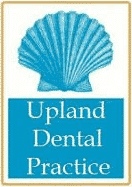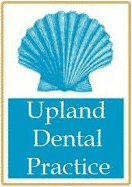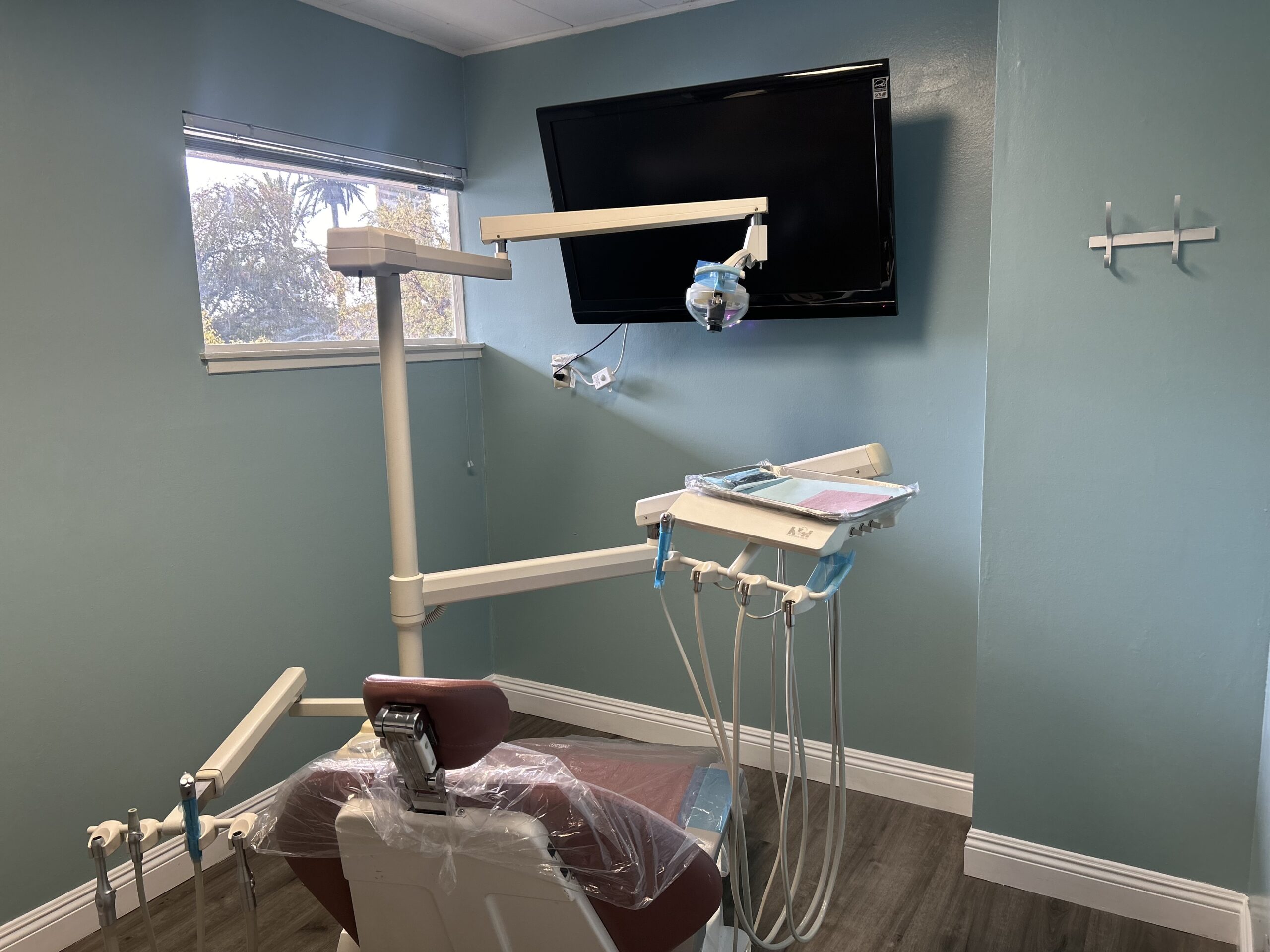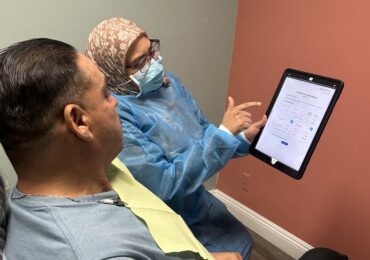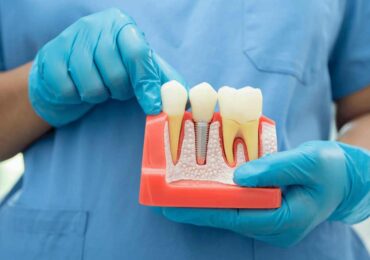Cost of Dental Implants in Upland, CA
Dental implants have revolutionized dentistry as a highly effective and long-lasting solution for replacing missing teeth. The nature of dental implants offers advantages such as improved speech, better chewing capability, and preservation of jawbone integrity.
While this treatment can provide long-term advantages like enhanced functionality and a more natural appearance, its high initial cost frequently discourages people from pursuing this dental treatment.
Based on Delta Dental’s Cost Estimator, the average out-of-network cost of a tooth implant in Upland, California, ranges from $4,400 to $6,056, which is way more expensive than other restorative dental alternatives.
Nevertheless, considering a dental implant’s 95 to 98% success rate and five to ten-year average lifespan, it can give a lot of bang for one’s buck.
Regarding your oral health, you shouldn’t have to compromise on quality or affordability. You deserve both. That’s why we created this guide to help you understand the real cost of dental implants and how you can make them more accessible for your budget.
We’ll also offer a few cheaper yet effective alternatives.
Why Are Dental Implants Expensive?
Several elements add to the overall cost of the process, which is why dental implants are so expensive. Dental implants are sometimes quite pricey for the following reasons:
Materials and Technology
Titanium is a premium material used in dental implants because of its durability and biocompatibility. The cost is influenced by the production process’s usage of precision and cutting-edge technologies.
Specialized Training
Implant dentistry calls for specialized education and experience. Dental practitioners devote time and resources to performing implant operations.
Surgical Procedure
Implant experts or oral surgeons like us at Upland Dental Practice are frequently needed for the surgical process involved in placing dental implants. The whole cost includes anesthesia, surgical procedures, and post-operative care.
Customization
Every dental implant is made to fit the patient’s unique requirements and oral anatomy. Compared to more conventional dental options, the customization of implants raises the price.
Laboratory Costs
Skilled dental technicians in labs make crowns, bridges, or dentures that fit over the implants. The more precise and personalized these parts are, the higher the cost.
Regulatory Compliance
Strict quality and safety regulations apply to dental implants. Obtaining the required certifications and complying with regulations may raise the cost of production.
Post-Operative Care
The effectiveness of dental implant operations depends on proper post-operative care, which includes follow-up visits and any necessary revisions. Ongoing maintenance and support are included in the price.
Cost of Dental Implants with Insurance
The cost of dental implants often puts a financial burden on patients. That’s why several insurance providers recognize the need to ease this burden, especially if the procedure is medically necessary. It may be rare for most insurance companies to cover the entire cost, but getting a significant cut from its total cost can relieve patients.
How much an implant would cost with insurance varies from policy to policy. Most of the time, the terms come in co-payments. In other words, you split the cost between you and your insurance provider.
On a side note, going to an out-of-network dentist for dental implants may come with a higher cost, not to mention the additional paperwork.
Paying for Dental Implants Without Insurance
Dental insurance is not without its complexities, such as waiting periods, reimbursement policies, and co-payment agreements.
If you want to avoid getting caught up in these processes, ask your dentist if they offer dental discount plans.
Dental discount plans are membership-based initiatives that provide reduced costs for dental services, including implants, but they are not insurance. Members must pay an annual or monthly fee to receive discounted dental operations costs.
Dental insurance policies might differ significantly in how much they cover dental implants. Dental insurance plans may not fully cover implants since they are sometimes considered elective or cosmetic. It may also be difficult to find a dentist who will place implants and is willing to accept health insurance or for a dental procedure.
Tips to Help You Save Money on Dental Implants
Cost is certainly a major deal-breaker in any major investment. The same applies to your oral health. So, finding ways to reduce the expense of the procedure while maximizing the results is oftentimes your priority.
Indeed, without dental coverage, you might discount the procedure’s benefits. Fortunately, you can strategically save money on implants by simply following these tips:
Review Your Dental Coverage
Although it’s a no-brainer, we want to remind you of the importance of reviewing your dental insurance policy. Yes, coverage could be restrictive, but knowing every detail of your policy brings out more meaning and value from what you pay for. Here are some key details you might want to focus on closely:
- Annual maximum
- Deductibles
- Co-payments
- Pre-authorization requirements
- Renewal and termination
- Appeals process
Flexible Spending Accounts (FSAs) or Health Savings Accounts (HSAs)
Consider using your FSA or HSA to save pre-tax money for dental implant expenses if you have one. Both allow you to set aside funds for medical expenses before they are subject to taxes. The withdrawals are tax-free if you use them to pay for eligible medical costs. Because your taxable income will be lower, so you may benefit financially.
Shop Around for Quotes
To get estimates for dental implant treatment, speak with several oral surgeons or dentists. Finding a service that offers competitive rates might be aided by obtaining many estimates, as prices can differ.
Ask About Financing Plans
Ask dental providers about their financing options and payment schedules. You can stretch out the cost of dental implants over time by using the flexible payment plans many dental clinics provide. Some clinics offer personal membership plans or in-house membership programs. With this dental program, patients can pay a monthly or yearly pre-determined fee in return for selected dental benefits, specifically preventive ones.
Alternative Restorative Dental Options and their Costs
Still not sure about getting dental implants? Let us explore other alternative restorative dental options.
Treatment Option | Cost | Pros | Cons | Dental Bridges | $500 to $1,200 per pontic plus crowns for abutment teeth. | Provides a fixed and non-removable solution for missing teeth, restoring aesthetics and function | Requires the preparation of adjacent healthy teeth for crowns, and the lifespan may be shorter than dental implants |
|---|---|---|---|
Dentures | Partial Dentures – $700 to $1,800.
Full Dentures – $1,000 to $3,000.
| Cost-effective, removable, and suitable for extensive tooth loss | May affect speech and chewing, may require adjustments, and may not provide the same stability as dental implants |

The decision between dental implants and alternative restoration methods ultimately comes down to personal preferences, financial constraints, and oral health. Dental implants may cost more but are unique in that they can closely mimic natural teeth, offer stability throughout time, and support jawbone health.
Consult a Trusted Dentist in Upland, CA
There is no escaping the reality that you must make an educated choice when investing in dental implants. Planning and finding the perfect restorative solution may be long and tedious, but it’s all worth it, especially for a healthy and lasting smile.
As this article highlights, researching and comparing costs from multiple sources, checking your insurance policy, and considering cheaper yet effective alternatives will help you receive a treatment that aligns with your budget and needs.
Moreover, talking to your trusted dentist in Upland, CA, is crucial to creating a treatment plan that won’t overlap or oppose your overall health goals.
Ultimately, prioritizing financial preparedness and thorough communication with dental professionals can lead to more confident and informed decision-making.
Consult us at Upland Dental Practice. Whether you need information about your dental implant or guidance in choosing the most appropriate treatment, count on us to be with you every step.
Have you visited us before?
Recent Articles
- 1
- 2
- 3
- 4
- 5
- 6
- 7
- 8
- 9
